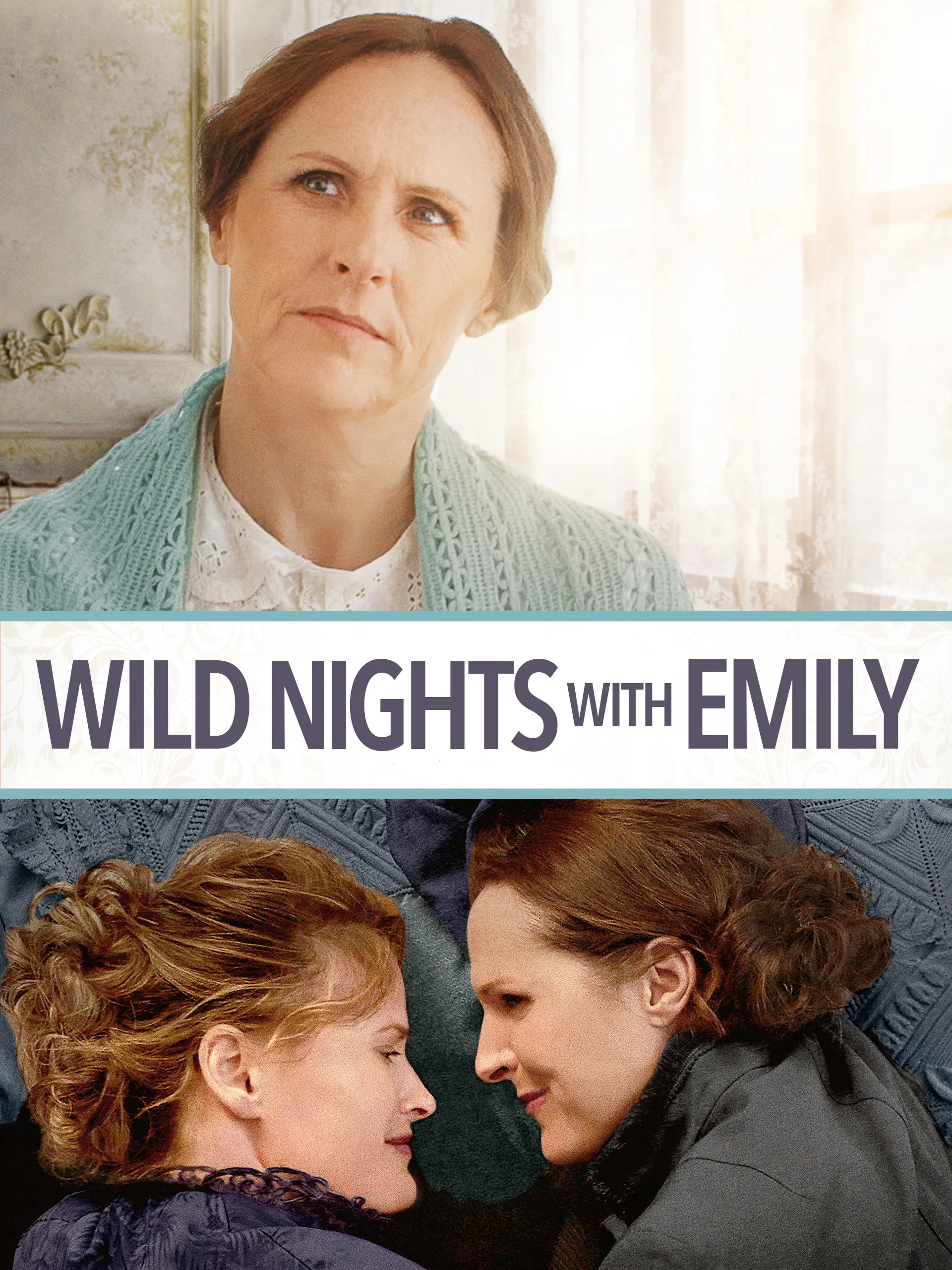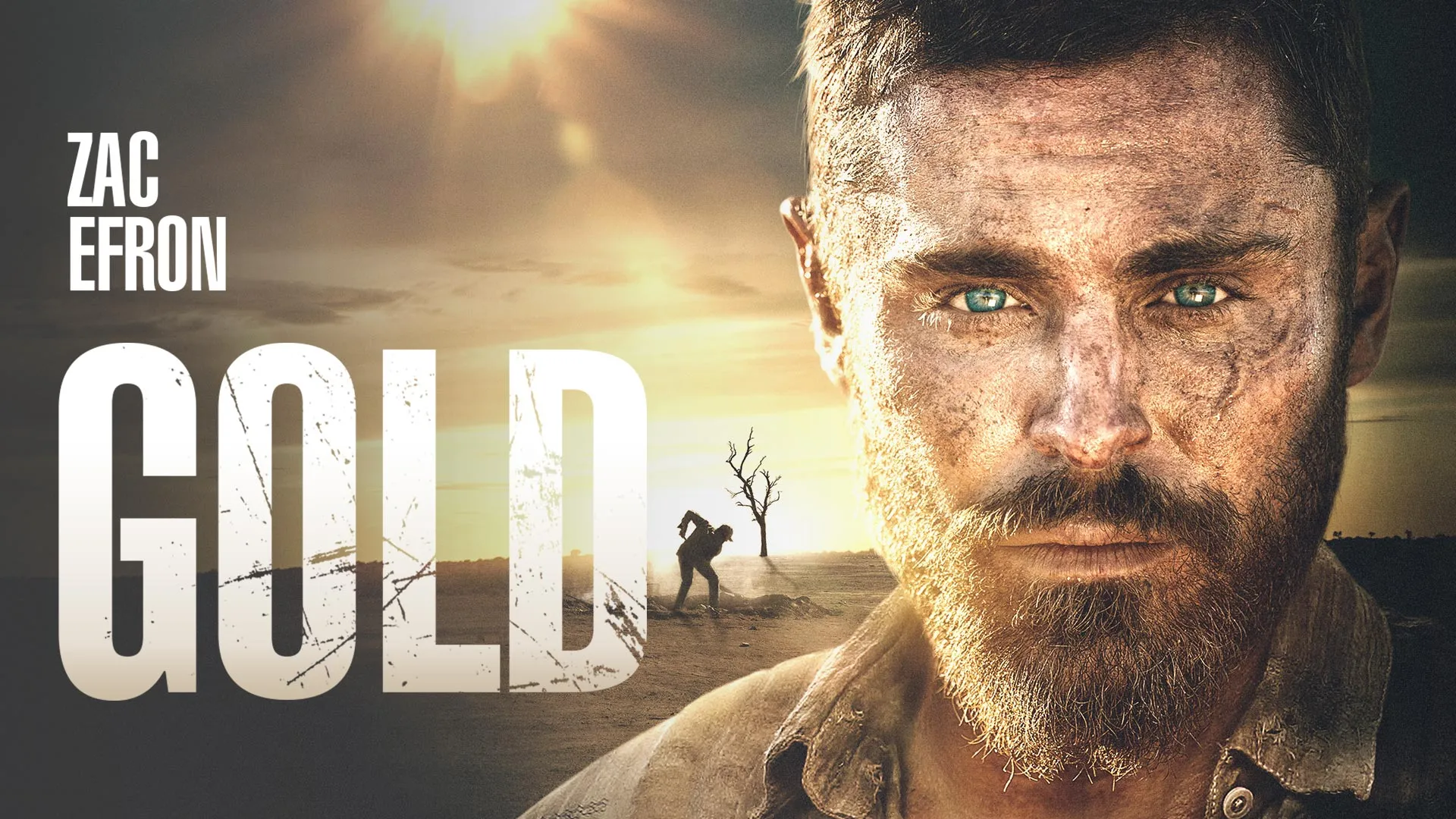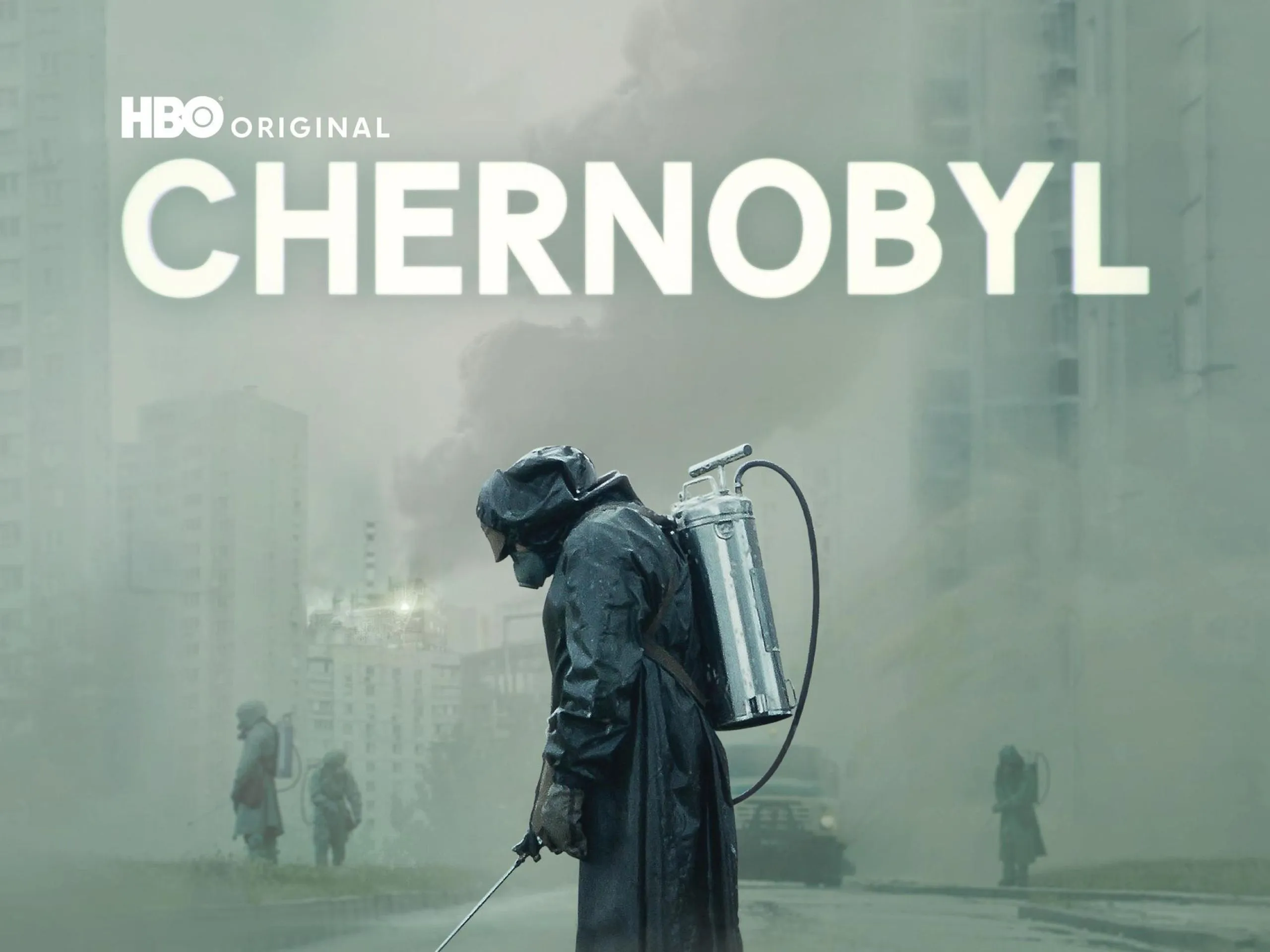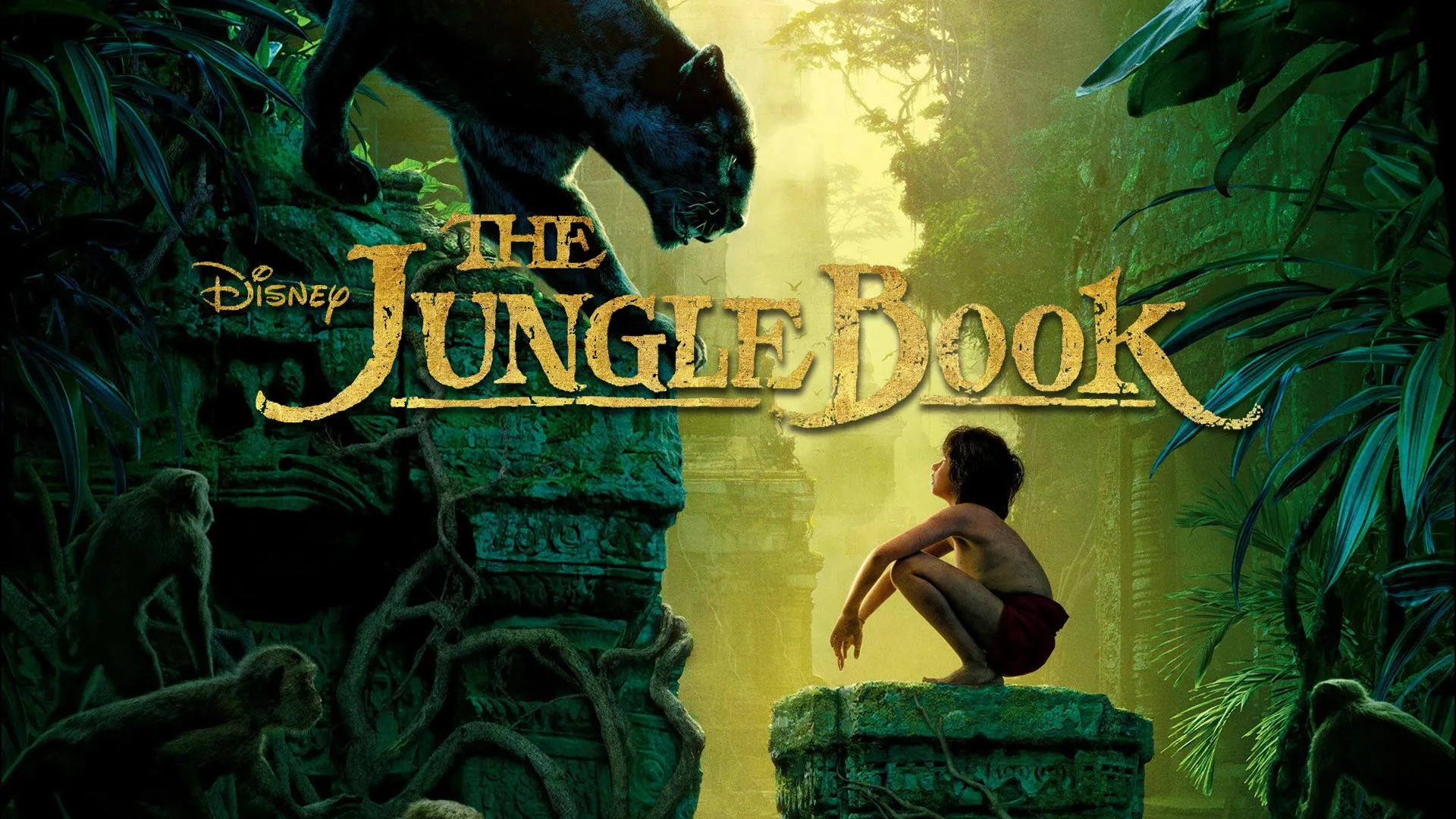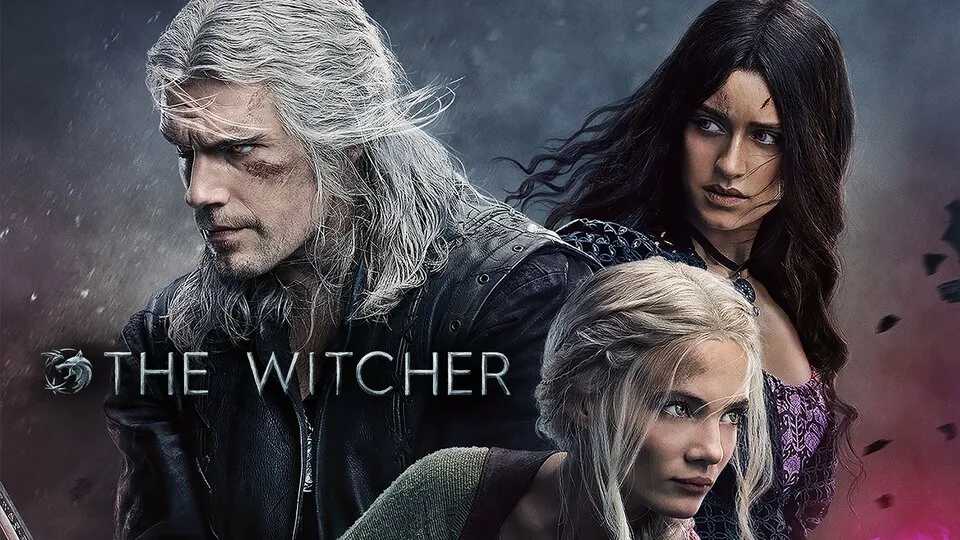Wild Nights with Emily (2018) is a refreshingly bold and humorous take on the life of the iconic American poet Emily Dickinson. Directed by Madeleine Olnek, the film challenges the long-standing perception of Dickinson as a reclusive and melancholic figure, instead presenting her as a passionate, witty, and fiercely independent woman. Starring Molly Shannon in the lead role, the movie sheds light on Dickinson’s lifelong romantic relationship with her best friend and sister-in-law, Susan Gilbert (Susan Ziegler), offering a more personal and intimate look at the poet’s true identity.
The film cleverly uses humor and satire to expose how history has often erased or altered the stories of powerful women. Through a mix of flashbacks and narrative twists, we see how Dickinson’s poetry, which was often dismissed or misunderstood in her lifetime, was shaped by her deep love for Susan. Their relationship is portrayed with warmth and sincerity, making their secret romance feel both authentic and heartbreaking.
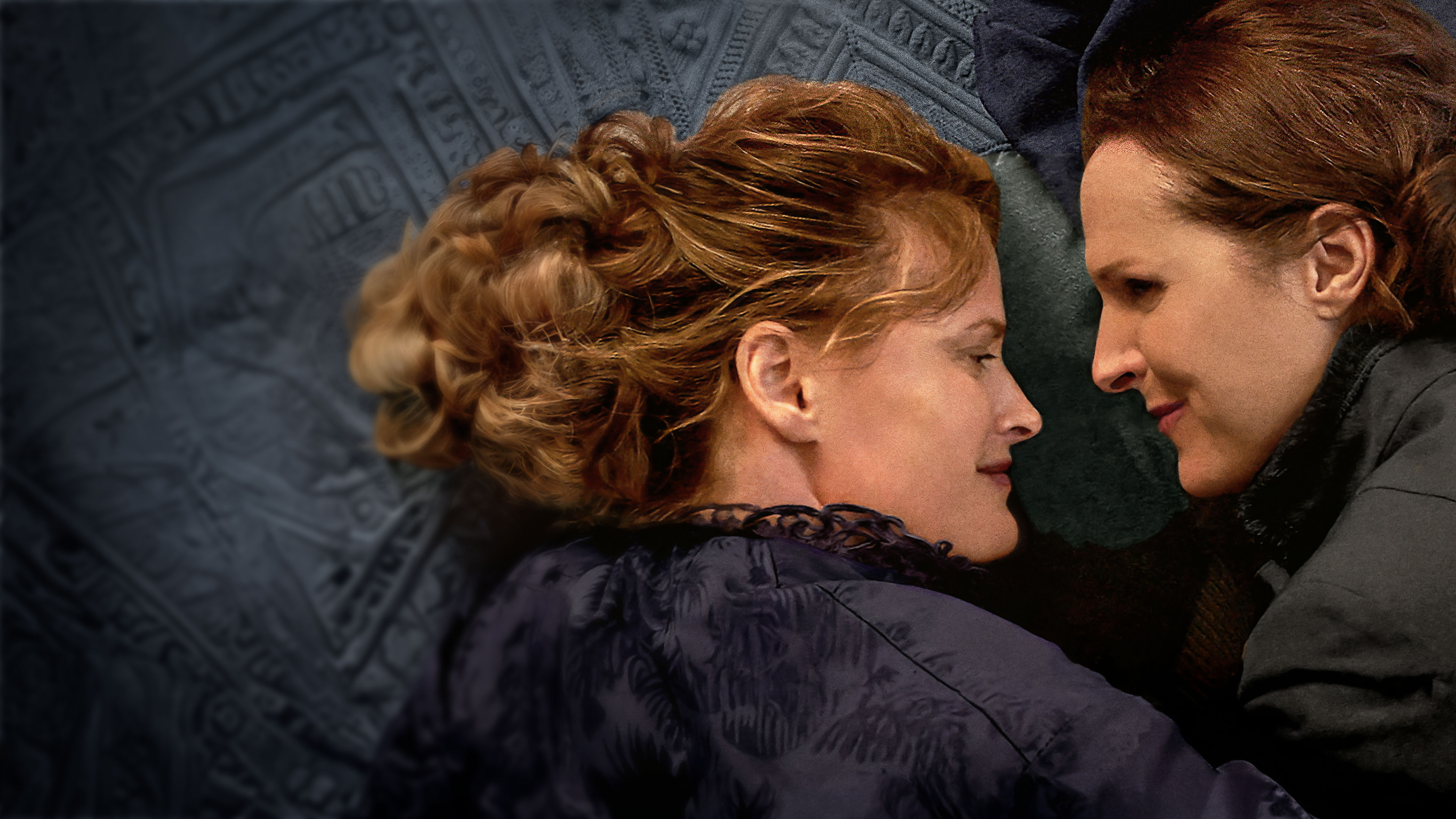
Rather than portraying Dickinson as an isolated genius, Wild Nights with Emily highlights her relentless determination to have her work recognized. The film depicts her struggles against the literary gatekeepers of her time, particularly men who sought to edit and sanitize her poems. This fresh perspective adds depth to her legacy, showing that she was not simply an introvert hiding away in her room, but a woman fighting for her voice to be heard.
Molly Shannon delivers a captivating performance as Emily Dickinson, bringing charm, intelligence, and emotional complexity to the role. Her portrayal challenges the somber stereotypes associated with Dickinson and instead presents her as someone full of life, humor, and deep emotions. Susan Ziegler, as Susan Gilbert, brings a compelling warmth and passion to their love story, making their moments together feel incredibly real.
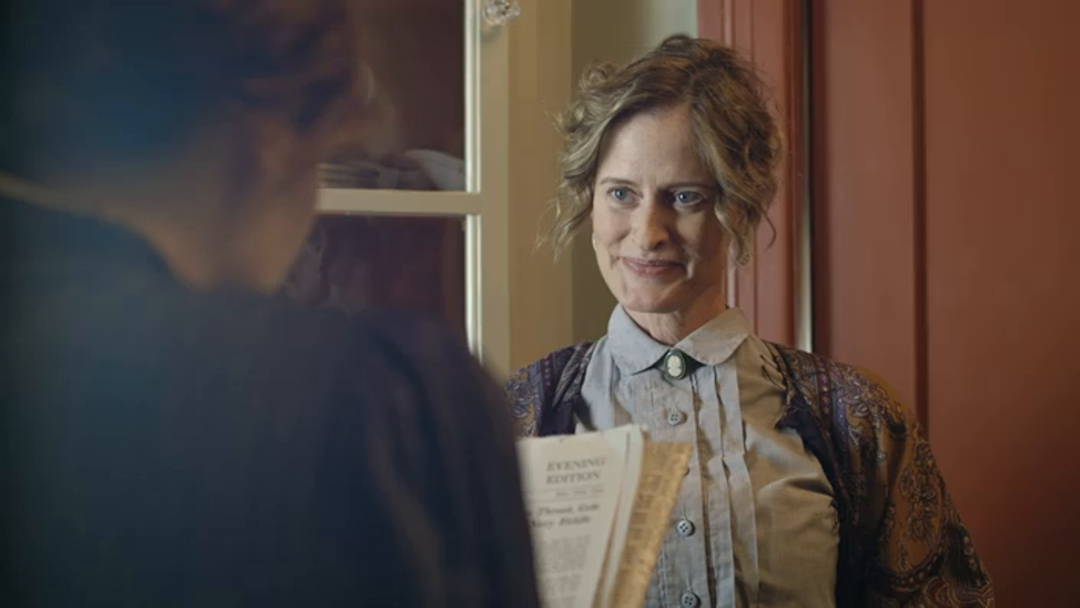
Visually, the film is beautifully crafted, with period-accurate costumes and settings that immerse the audience in the 19th century while still feeling modern and relevant. The cinematography enhances the film’s playful yet poignant tone, blending historical accuracy with a sense of contemporary energy that makes Dickinson’s story resonate with today’s audiences.
One of the film’s greatest strengths is its sharp, witty script, which masterfully balances comedy and drama. The dialogue is filled with clever wordplay, often reflecting the themes of Dickinson’s poetry, and it subtly critiques the way women’s voices have been manipulated or ignored throughout history. This makes the film not just an entertaining biopic but also a powerful commentary on gender, literature, and legacy.

The movie also shines a light on the ways Dickinson’s work was altered after her death, particularly by editors who removed her unconventional punctuation and formatting. By exposing these historical injustices, Wild Nights with Emily challenges viewers to reconsider what they thought they knew about one of America’s greatest poets and to appreciate her work in its raw, unedited form.
In the end, Wild Nights with Emily is more than just a period drama—it’s a celebration of love, creativity, and the courage to defy societal expectations. With its mix of humor, romance, and historical revisionism, the film breathes new life into Emily Dickinson’s story, making it a must-watch for poetry lovers, LGBTQ+ audiences, and anyone who enjoys seeing history from a fresh and unconventional perspective.
